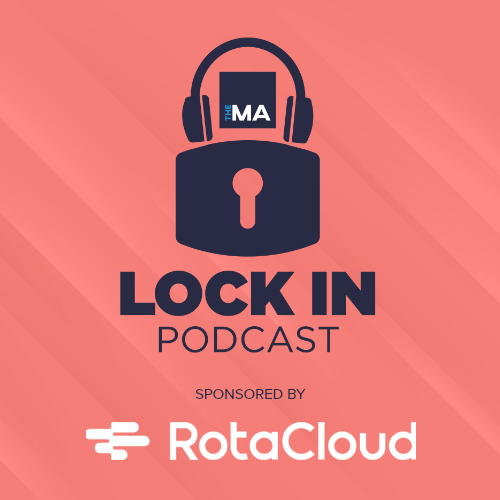Lib Dems restate call for 12.5% rates cap to 'protect pubs'
Cooper, who originally tabled the motion for a rates cap at the party conference in September, has also called for a “fundamental review” of business rates overall.
In further support for pubs, Lib Dem leader Vince Cable called the pub specific £1,000 business rates relief a “temporary sticking plaster” and campaigned for proper protection for pubs via the 12.5% cap, which is in place in Scotland.
Not every pub is facing a big hike, some of them have had their business rates go down, but for those that are affected, the hikes are so enormous, some of them feel they may not continue to survive the next few years.”
- Daisy Cooper
Commenting on her party's support for the rates cap Cooper told The Morning Advertiser: "There was overwhelming support for it.
“During the [conference] debate there were Liberal Democrat councillors, and activists from up and down the country, that had the same story.
“One of the biggest worries at the moment, in every town and city is that Brexit, no matter how any one voted, is dominating parliamentary agenda and it is very hard to actually raise awareness of all the other issues that are going on at the same time.
“So, the fact that we managed to get this debated, and that lots of councillors said, ‘I have been lobbied by pubs, small businesses', 'I know that these many pubs have closed', 'I know these many are under threat’, it was a real privilege to bring forward that debate and to show people up and down of the country Lib Dems are on the side of small businesses and that we are prepared to fight their corner."
When tabling the motion, Cooper used an example of one of her “favourite St Albans pubs”, the Boot.
“The pub’s business rates bill has increased by 280% from 14,000 a year to 53,000 a year. Does anyone know how many extra pints you would have to sell in the year to make up the difference? 22,000 pints”.
Cooper told the MA she took up the fight for pubs as they are a big part of St Albans “identity and culture”, plus the fact that CAMRA has its headquarters based in the area.
“We have 60 odd pubs, and lots of people come to St Albans in order to look round the historic buildings many of the pubs are in,” she said.
“And, a number of pubs find themselves at threat. Not every pub is facing a big hike, some of them have had their business rates go down, but for those that are affected, the hikes are so enormous, some of them feel they may not continue to survive the next few years.”
Pubs are getting hit harder
With that in mind Cooper worked within the Lib Dems to figure out what their party policy was going to be, and in September at its party conference proposed the motion.
“It's not just about the pubs, it's about small businesses generally and it's about protecting our high street up and down the country,” Cooper said.
“I focus on pubs as a specific element, because of the way their business rates are calculated.
“There is a slightly different formula for pubs which has ended up meaning that they are getting hit harder than other small businesses, and because they are so integral of the culture and history of St Albans, not just the beautiful old buildings they are situated in, but also in terms of the history of the city, it's important that we fight to protect them.”
Dream scenario
About the upcoming budget, Cooper said: “The dream scenario would be that the budget would do precisely what we are calling for, which is the immediate cap in place, as an immediate step that would at least protect pubs from this enormous one of big leap in the rates rises.
“I would love to see that cap introduced at the budget, but in addition we do need to see this review.
“You can't just have this cap in place forever.
“Business rates don't work anymore. These big online giants in out of town places that have warehouses in very poor areas and their business rates are going down but pubs in the centre of a city business rates going up, it is just unfit for purpose, and unfit for the 21st century.
“We are calling for the budget to include 12.5% immediate cap on the increase on the rates, and then commit to the fundamental review in time for the next budget.”







